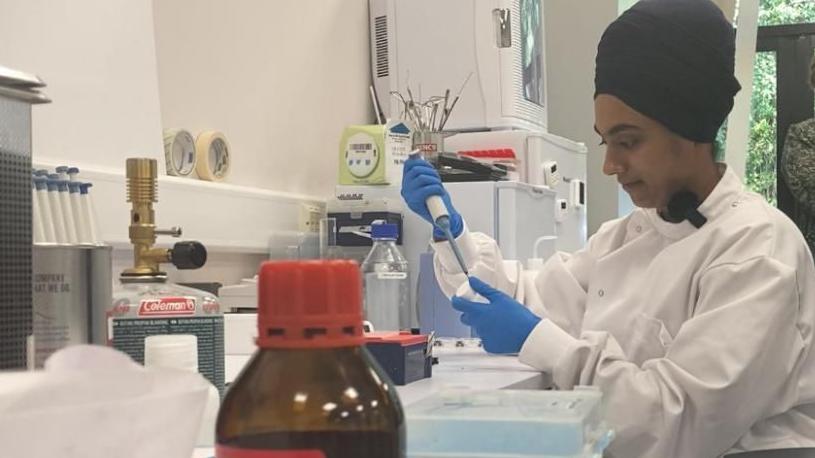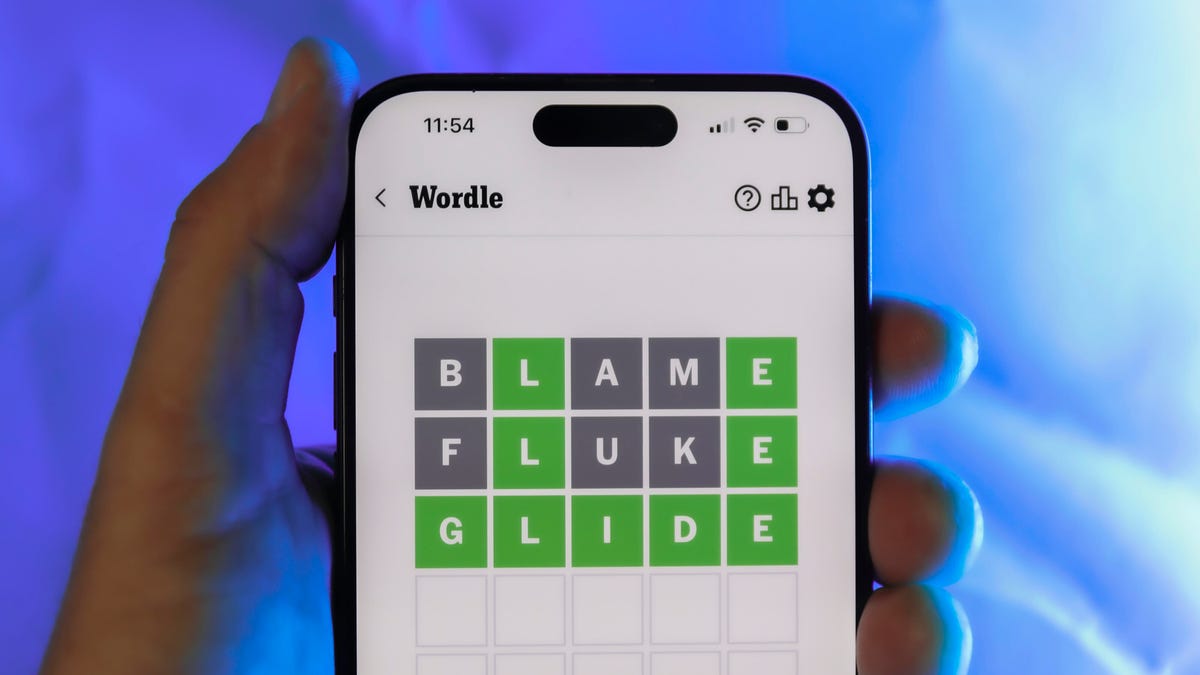
A groundbreaking demonstration took place on Tuesday afternoon, showcasing a new technology that could revolutionize the fight against drug-resistant infections. Researchers from Coventry-based Cytecom have developed a device capable of selecting the appropriate antibiotic for treatment “in minutes instead of days,” potentially saving millions of lives.
The innovative device, currently in pre-clinical stages, is being tested in collaboration with the University Hospitals of Leicester NHS Trust. Dr. Magdalena Karlikowska, CEO of Cytecom, emphasized the importance of this advancement in providing quicker care for time-sensitive conditions like sepsis, stating, “Antimicrobial resistance already means longer hospital stays, higher healthcare costs, and tragically, more lives lost.”
Revolutionizing Antibiotic Testing
The current method for testing an antibiotic’s effectiveness involves exposing bacteria to the antibiotic and waiting to see if it grows, a process known as “culturing” that can take two to three days. Cytecom’s new diagnostic test, however, exposes bacteria to an antibiotic for just an hour before using electricity to determine if the bacteria are still alive. The presence of a fluorescent dye causes surviving bacteria to “light up,” utilizing the natural electric charge in the cell membrane.
Dr. Karlikowska noted that this method is unprecedented globally, marking a significant leap forward in medical technology. The company anticipates it could take three to seven years to transition from development to widespread hospital availability.
Support and Economic Impact
The development of this technology has been supported by the West Midlands Health Tech Innovation Accelerator scheme, backed by the West Midlands Combined Authority. This initiative has connected Cytecom with university expertise, other researchers, and potential funders, bolstering the region’s health and medical technology sector.
“The health and medical technology sector contributed £6bn to the region’s economy, employing more than 14,000 people,” said West Midlands Mayor Richard Parker.
Mayor Parker, who toured Cytecom’s lab and office, praised the research, stating, “It’s fantastic that in the West Midlands, in Coventry, we’ve got such a brilliant business developing leading-edge medical technology.” He highlighted the global reach and life-saving potential of this innovation.
Positioning the West Midlands as a Medical Technology Hub
Dr. Karlikowska expressed the importance of showcasing the West Midlands as a leader in medical technology, challenging the traditional dominance of the UK’s “Golden Triangle” of London, Cambridge, and Oxford. She emphasized the region’s talent and potential, stating, “We have to showcase the fact that we have talent here in the region too.”
This development follows a growing recognition of the West Midlands as a burgeoning hub for health innovation, supported by strategic investments and collaborations that aim to enhance the region’s economic and scientific landscape.
Looking Ahead
As Cytecom continues its testing and development, the potential implications of this technology are vast. By significantly reducing the time required to identify effective antibiotics, healthcare providers could improve patient outcomes, reduce hospital stays, and lower healthcare costs associated with drug-resistant infections.
The move represents a crucial step forward in the global fight against antimicrobial resistance, with the potential to inform better treatment protocols and improve quality of life for patients worldwide. As the technology progresses towards clinical implementation, the world will be watching closely to see the impact of this pioneering work.







